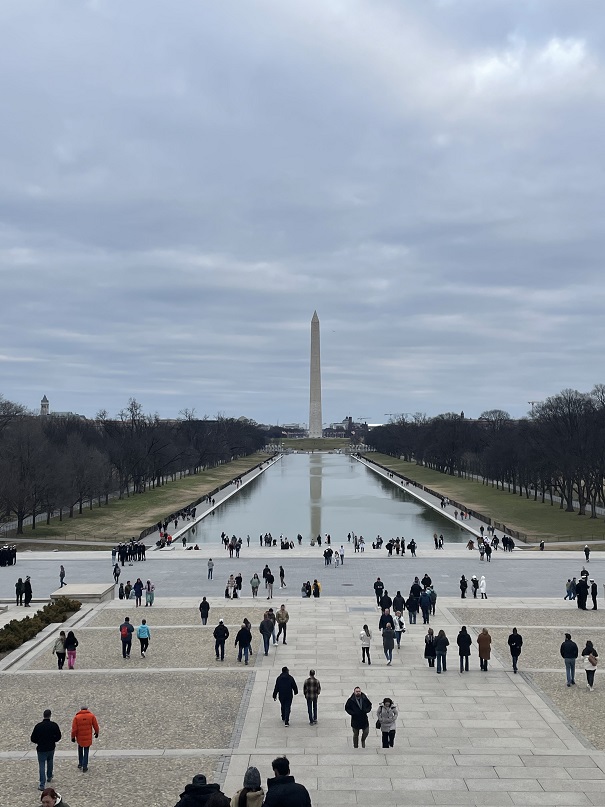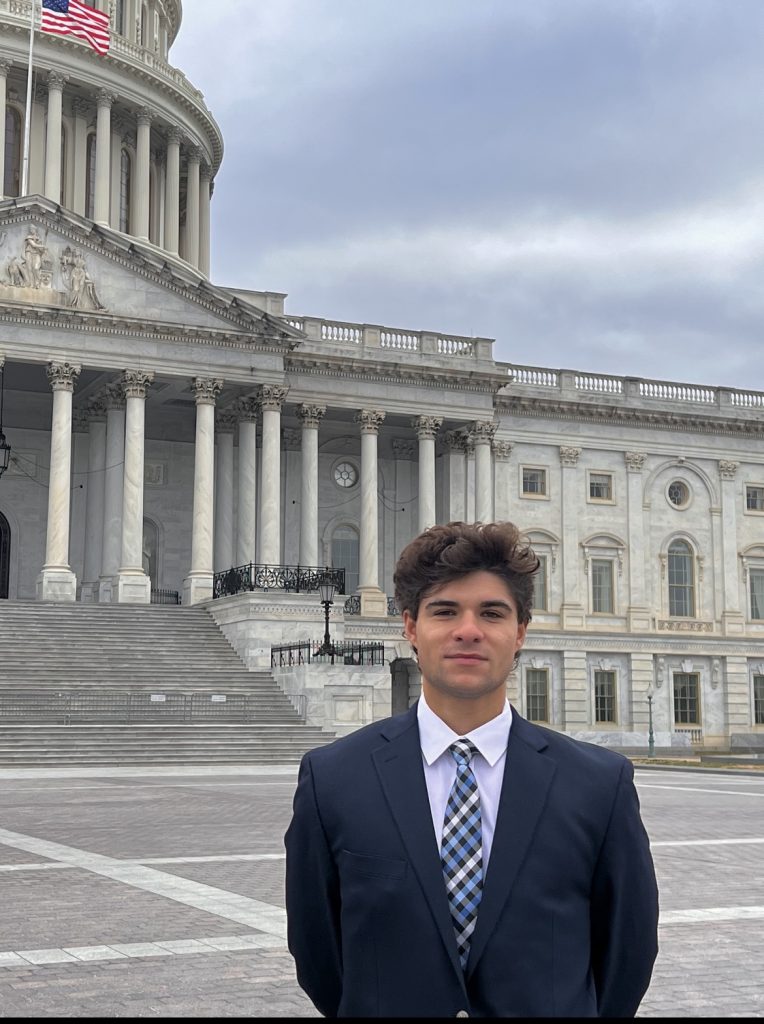
My name is Ethan Schneider, a senior at Loyola with majoring in Global Studies with a minor in Arabic. Over the past four months, I have finished my undergraduate coursework while interning full time in our nation’s capital (Loyola University Chicago’s Washington, D.C. Internship Program). As I reflect on my experience, it’s truly hard to believe that I am just a few days away from the end of my academic career at Loyola. Through my experience as a student intern, I’ve been presented with incredible opportunities to grow as an individual. However, I certainly would not have been offered these opportunities without the passion, wisdom, and talents that I’ve developed through my experience in Loyola’s Arabic Language & Culture program.
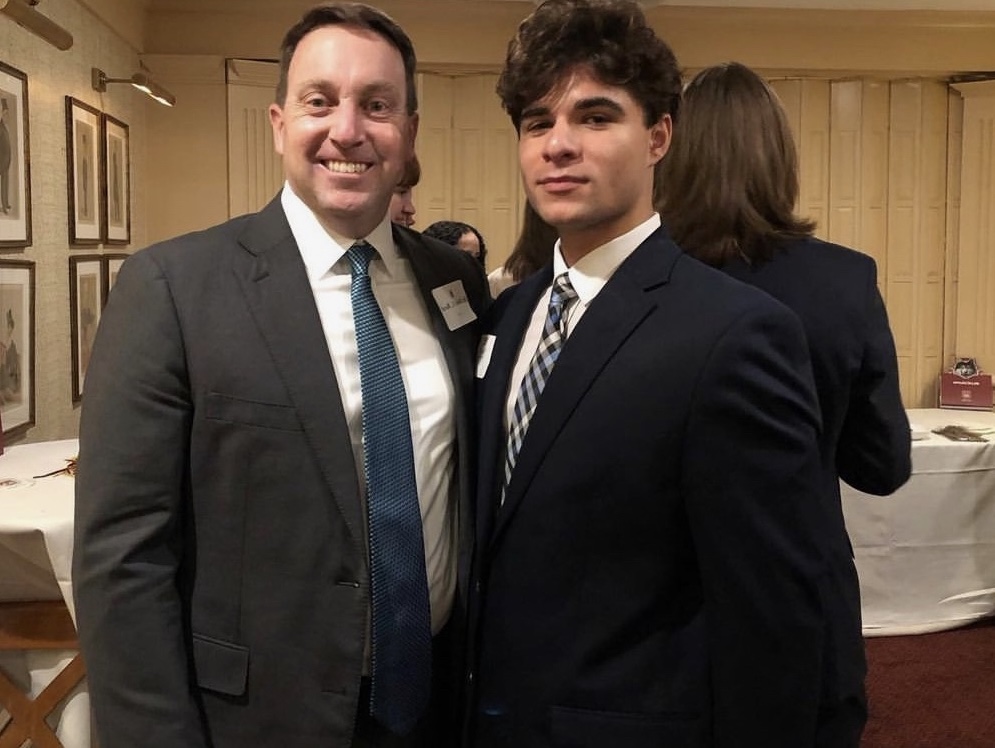
Prior to my internship, I had no experience in the realm of political advocacy. In fact, I had no experience in any professional realm beyond the part time, manual labor work of my teenage years. My Global Studies major demanded that I apply to DC internships with an international focus to them; the most competitive in Washington for students my age. Considering this, it wasn’t my familiarity with sorting packages and waiting tables on the weekends, but my familiarity of the Arab world, its language, its history, and its people that granted me my one (and only) internship offer with Churches for Middle East Peace (CMEP).
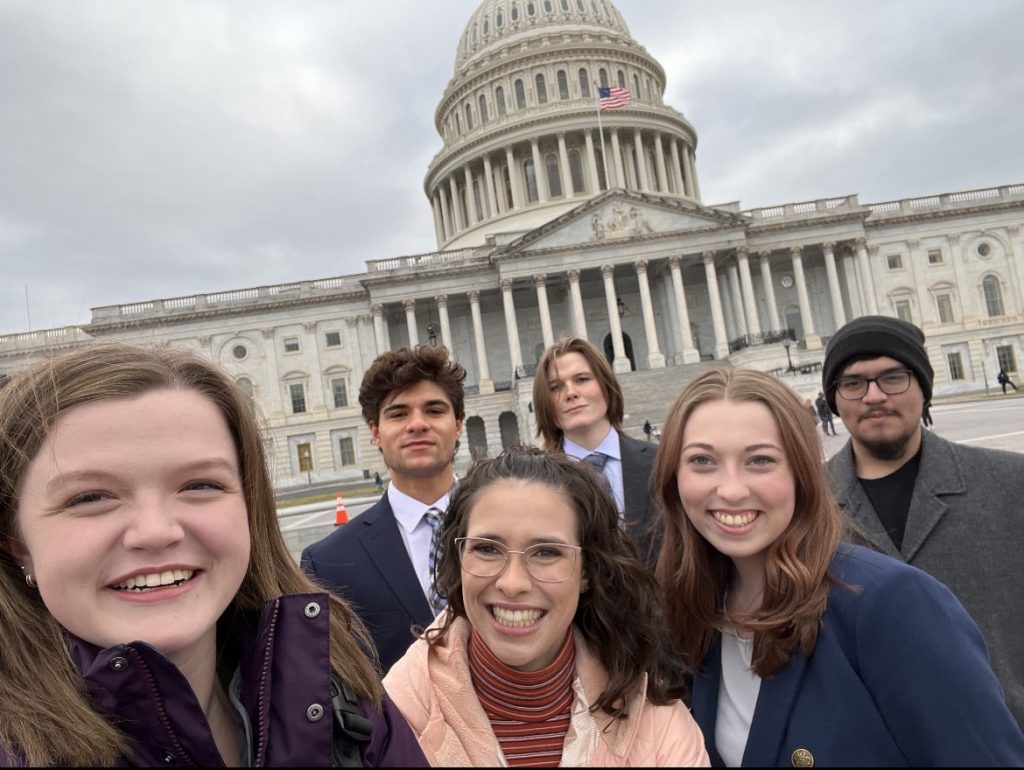
CMEP is a 501(c)(3) non-profit organization that works to encourage U.S. legislation in promoting just, lasting, and comprehensive resolutions to regional conflicts in the Middle East. CMEP is supported by a diverse array of Christian denominations, organizations, and individuals who work together through grassroots advocacy. They are committed to educating the public on the complexities of these conflicts and advocating for policies that advance peace and justice. CMEP also works to protect and promote religious freedom for all people in the Middle East.
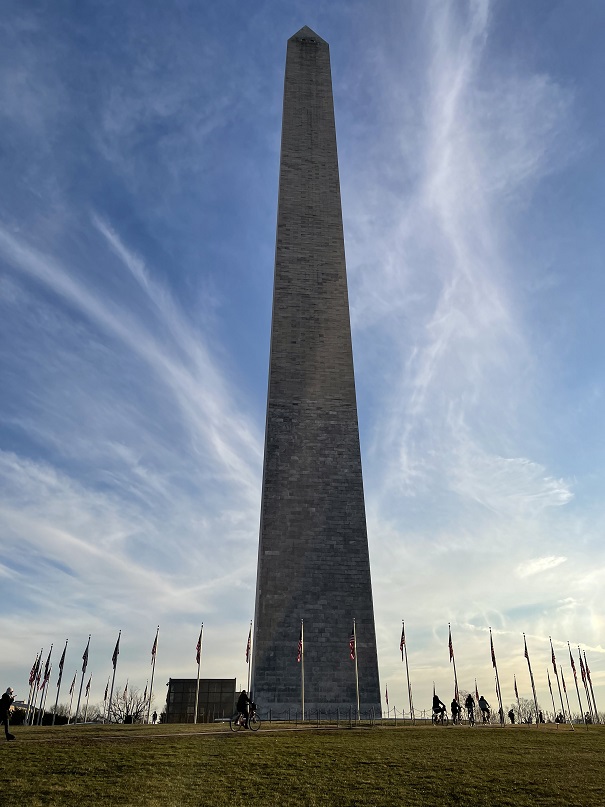
As a member of CMEP’s Advocacy & Government Relations team, I’ve experienced firsthand how my daily work in the CMEP office fits into the larger realm of congressional engagement in DC. There is a large educational element to political advocacy. Realistically, in congress, the people who represent American voices don’t have enough time to educate themselves on all of the issues that concern their constituents. The research and communication of issues and events, both current and historic, is the duty of those in political advocacy. This is their responsibility; to equip our leaders with the information that’s necessary to lead successfully, and best represent American citizens. Through engagement with different politicians, their offices and members of staff, those in political advocacy are constantly reliant upon interdisciplinary skills in language and communication. Like our representatives, those in political advocacy must engage individuals who share different views and opinions on a daily basis. This discretion isn’t something that’s taught on Capitol Hill; it’s taught in the classroom through years of practice and refinement. With the interdisciplinary skills that I’ve developed as an undergrad, I feel absolutely prepared for the next chapter of my life, and for my further work in political advocacy.
